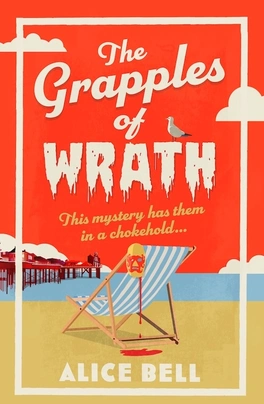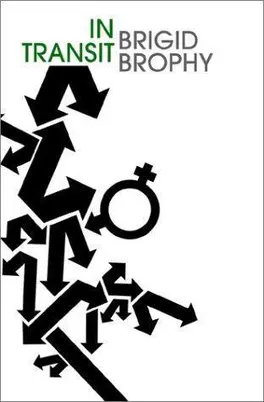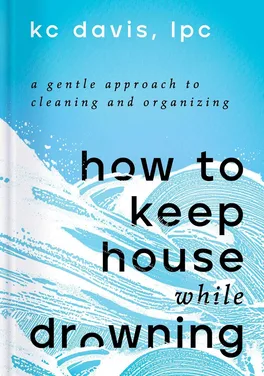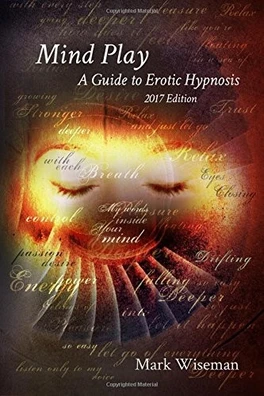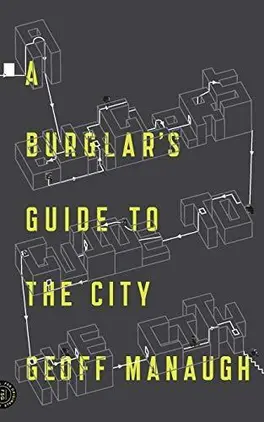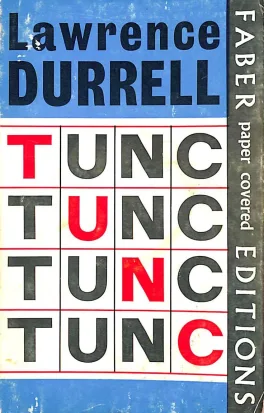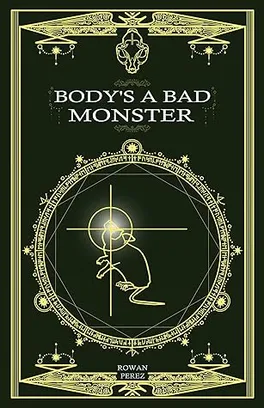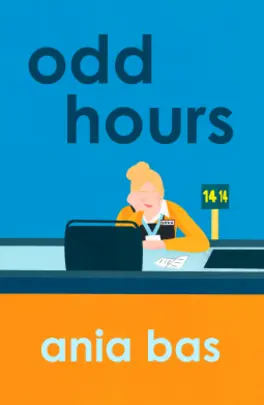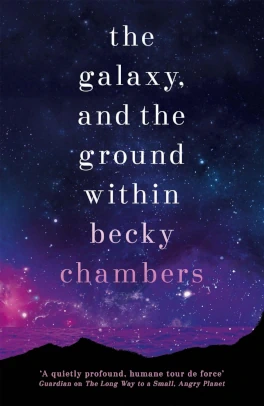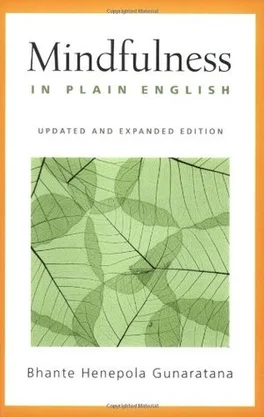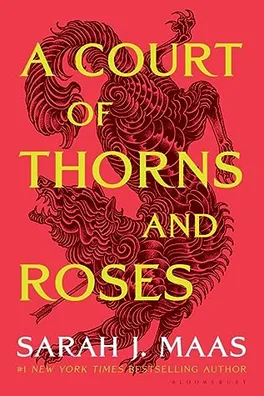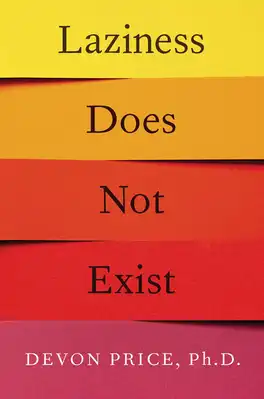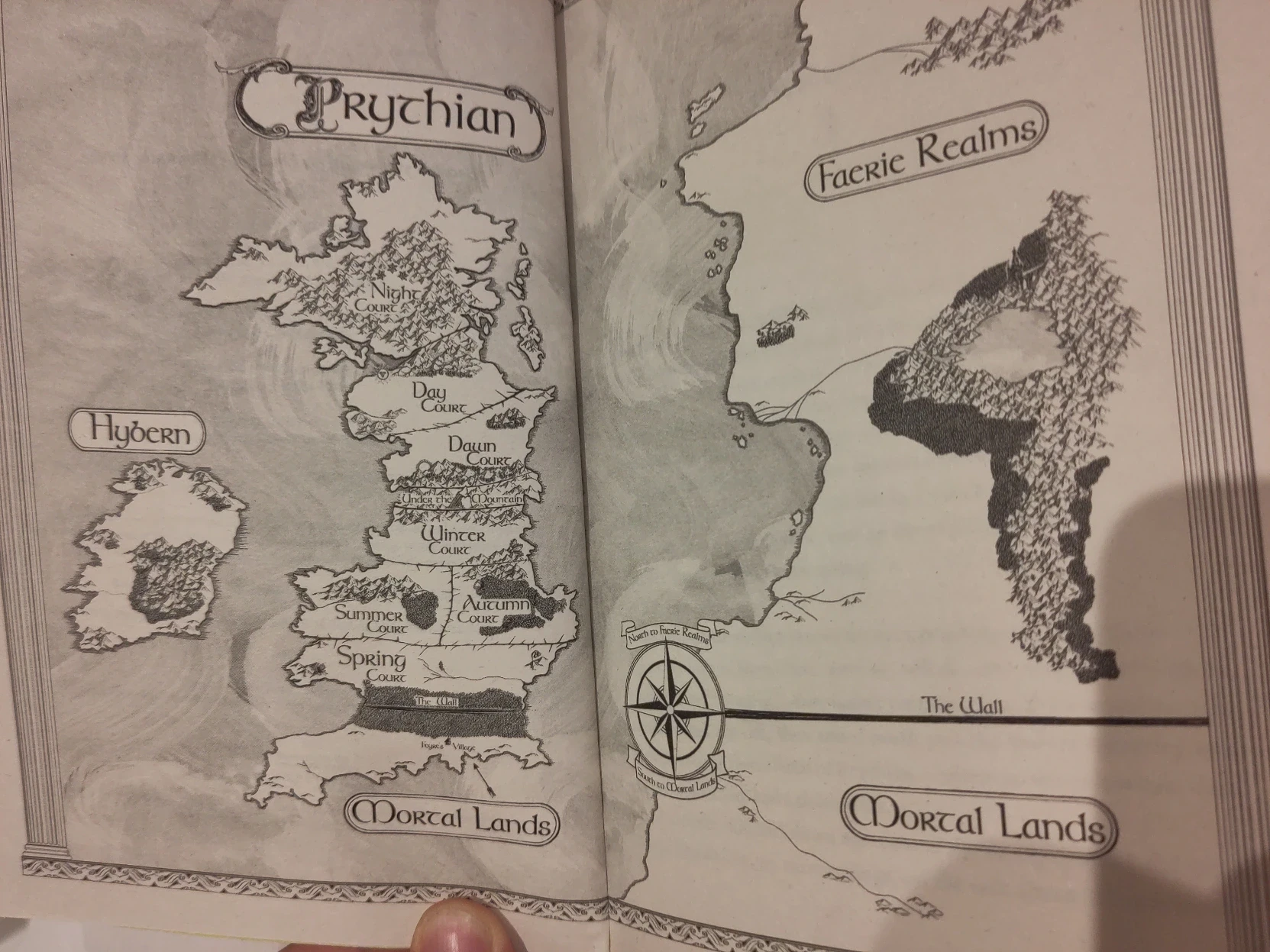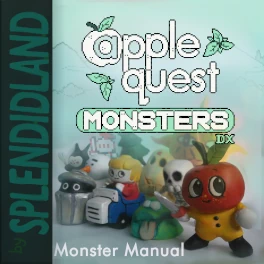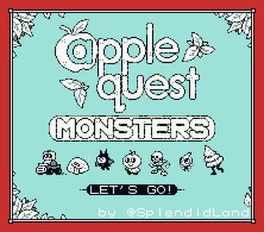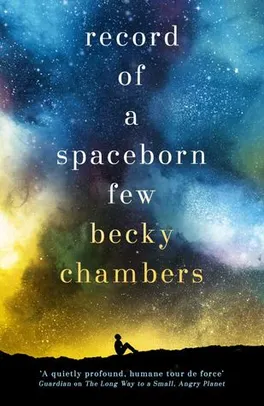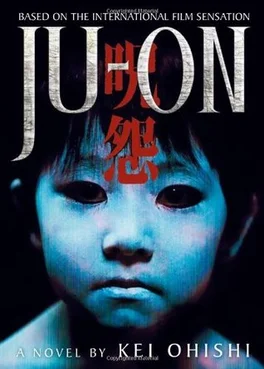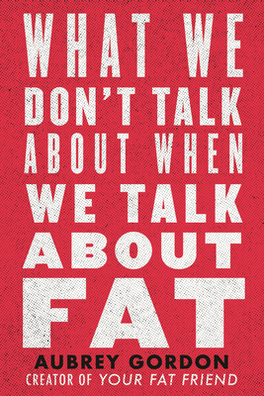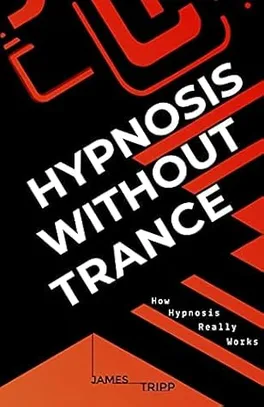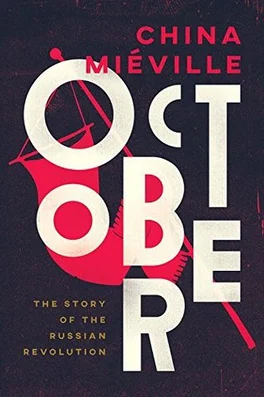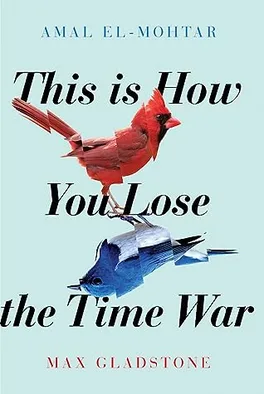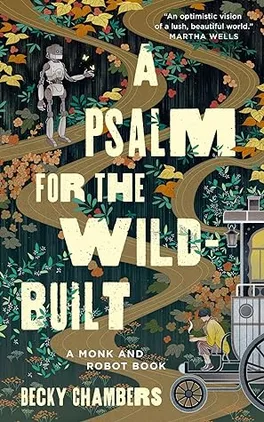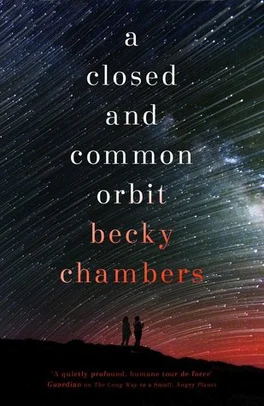Vols.: I, II, III, IV, V, VI, VII, VIII, IX, X, XI, XII, XIII
I have been rewatching Fullmetal Alchemist 2003 and talking about it with friends a lot so here is my favourite of all the intros from it or Brotherhood (it’s just the first intro from Brotherhood).
Also just a small rant: I hate how the top results on Youtube for this kind of stuff is always horrible interpolated to 60FPS upscaled crap that ruins the animation.
It’s been a while since I’ve done one of these. I have conflicting urges to want to write more and do more but also I know I need to rest more. Don’t expect me to be Blaugusting. I am actually trying to get as much off my plate as possible and not commit to things, including pruning my RSS feeds quite a bit so I feel less obliged to keep up with so much. Everything is difficult 👍🏻
But I have still been reading and have things to share. No particular order or categories to things this time.
On how a compelling narratives not just get people to buy into ideas, but obscure otherwise very obvious flaws, and how the use of narratives in this way is actually taught and enforced in university education.
No, the real point is that the claims from this study are ridiculous and intelligent people that have been studying for years can’t pick up on it. The real point is that I am actually really confused as to how Piff got his results, but at least I’m not tricking myself into thinking I know what’s going on. Did he fudge the numbers? Was the experiment poorly set up? Just pure bad luck in sampling? Hell, is the result true? I don’t know, but I will say that you don’t know either.
Why is the 11th of each month (other than September) consistently underrepresented in the Google Books database as shown in this XKCD comic? The answer is typographical.
When I began this study, I was hoping to find a hidden taboo of holding events on the 11th or typographical bias against the shorthand ordinal. Alas, the reason is far is far more mundane: a numeral 1 looks a lot like a capital I or a lowercase l or a lowercase i in most of the fonts used for printing books. An 11 also looks like an n, apparently. Google’s algorithms made mistakes when reading the 11th from a page, interpreting the ordinal as some other word.
This really resonated with me. The most frustrating projects I have coded for are the ones where people have not thought through the meaning of what they are asking for, where they ask “make this work” with no clear definition of what working looks like outside of the most idealised possible scenario without consideration of real world use, let alone edge cases or failure states. I feel “a programmer is paid to refine semantics” to my bones.
Programming is the act of making a computer enact a semantic task. The computer’s silicon internals, its RAM and hard disk and even its pixels, are the syntax here. It has no intrinsic meaning, just a set of ones and zeros and a very complex set of rules for transforming them. The semantics are the human interpretation of what it’s doing and why, the understanding of those numbers and pixels as a map to the nearest ramen joint or a simulation of a puppygirl begging for treats.
I still get far too emotional thinking about Cohost.
the reality of social media is that unless you have an Audience, you are probably better served among friends.
I really love A Game of Thrones and I used to read a lot of fan analysis stuff and listened to a couple of podcasts just about the series. Turtle-paced is the one person in that sphere that I still follow and I still really enjoy reading her deep dive chapter analyses when she posts them. She does, as the name of her blog implies, post them at the rate of a testudine and it is a nice occasional treat for me.
This is just how it is, per Tyrion. His response is not to address the unfairness but to show gratitude for the benefits he enjoys. The idea that everyone should have those privileges does not cross his mind. It’s a way in which he’s like Cersei. Though again, and as usual for the Lannister siblings, this is also a product of an abusive home. Tyrion’s only protection against the various injustices he faces in life due to his disability come from being a Lannister. The idea that everyone should have Lannister-level privileges is a threat to him - which in turn is a belief born of despair that of course everyone will hate him for his disability, and this can never change.
Putting native Gamecube controller in a new PC game, cool! Seen via Misty.
okay so, something that’s been bugging me for 15+ years but i never realized how to put it into words until recently: regular game controllers have different layouts depending on if you’re in gameplay or in menus.
Another multimedia CD.
Writing about early CD-ROMs means coming across a lot of early examples of things that became famous later. Sometimes that means finding new and exciting angles on something familiar… and sometimes it means something that’s only notable for being early. Today’s disc is one of those.
My clone also shared some interesting links, including an article about the decline of bin stores, a type of business I didn’t even know existed and beautiful photos of industrial waste dumps in Russia.
Ancient trade is cool! The past was international!
Titianus himself was a Macedonian, as well as a Roman citizen, and reflects just how complex and multifaceted these exchanges truly are. We talk of “Rome” and “China” as unitary civilizations, exchanging speech and goods like two singular individuals, but of course both were mere representations of vast conglomerations of peoples, cultures, and nations, all of which were constantly in flux. At Shatial, in the Karakoram Mountains of the Punjab, more than 1,000 inscriptions and 700 petroglyphs were carved into the rock near a key pass, recording names, dates, and prayers from travelers. They appear mostly in Sogdian, Middle Persian, Parthian, Aramaic, Brahmi, and Kharosthi. Nine are written in the extinct Bactrian language, one uses Chinese characters, and one is in Hebrew.
A short lament about erasing someone’s past from an old device.
Have you ever bought a pre-owned game cartridge or MP3 player or something, and the previous owner’s data is still on it — and for a brief moment, you feel a sense of connection with that stranger through their lingering data, and a twinge of sadness at the idea of deleting it to use the device for yourself?
Hell, I have felt sad in the past about clearing out my own childhood savedata from a cartridge. A few years ago I was able to boot my old copy of Soleil and was greeted with save files under my deadname as well as my brother and sister’s names.
Seen via Mike Egan’s link roundup.
If you could wave a magic wand and wish a new fantasy console into the world…what would it be like? What constraints would it have to force developers to get creative? If it came with hardware, like the Playdate, what would the console physically be like?
This is something I have actually thought about before. One of the myriad little ideas filed away that I will certainly never have time for (and would have to learn many, many new skills to ever do myself) and if I ever do get time for it the moment for it will probably have passed. But the idea of a Pico-8 style fantasy console with its own integrated development environment but 3D with an eye to creating PSX-style visuals in the way that been in vogue, especially with horror games with a Crocotile-style friendly editor for mapping and modelling has been fermenting in my mind for years.
And very importantly it would also be paired with a secondary, 2D, low-spec fantasy console similar to Pico-8 (some musings of this involved it being a Pico-8 clone that could run Pico-8 carts itself, but maybe that would be stepping on Zep’s toes too much) that could play its own separate games as well as link to main console to act as a simple secondary screen like a VMU, either running it in a separate window on the same desktop or else running on your phone linked via wifi connection. Have extra HUD info on the second screen, control a game entirely through your phone with a unique interface, pass it to a friend and allow extra asymmetrical co-op control, download a chao to your phone! I am aware that second-screen peripherals have been done a load of times and it has basically always bombed but I don’t care I love control and interface gimmicks and am eternally enamoured with stuff like the Dreamcast port of Silent Scope allowing you to use the VMU screen as an incredibly low fidelity scope and Zombi U’s gimmick of making you look away to the Wii U gamepad so much to divide your situational awareness in stressful situations.
Medical misogyny is nothing surprising to me but this lays it out very strongly.
There was no medical reason to keep it. You don’t need your uterus to survive, it’s only function is to be a womb. If you keep your ovaries you won’t even go into early menopause. Yet they made it clear that saving my womb was more important than my life.
But at a certain point, you have got to stop accepting the argument that an amateur Daz 3D porn game is worth an international uproar, no matter how transgressive and offensive it’s trying to be.
I think this raises an interesting question of why anyone is bothered to take a game like No Mercy seriously at all. I do think there is an interesting idea in how games so very opaque to a lot of people that they don’t necessarily intuit the obvious difference between a shovelware porn game and something with the the actual cultural impact of, say, Call of Duty in the way that they obviously can between a Holywood movie and some random porn film but I do feel like it is something more culturally based than games just been too long and too much of an investment to experience.
